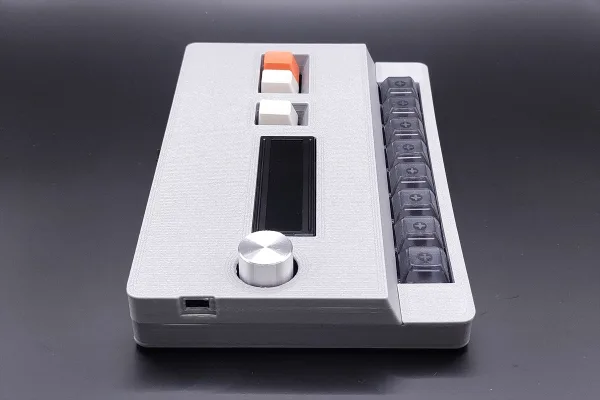As a genre of invention, hip hop has always pushed the envelope of sound and production. From its founding, producers and musicians have looked for fresh approaches to produce unique rhythms and beats, which has resulted in the development of specific electronic instruments meant for hip hop music. Any ambitious musician or producer must first understand these tools and the gear driving hip hop creation.
Early years: Samplers and drum machines
Early on in hip hop, the Roland TR-808 drum machine was indispensable. Its crisp snares and strong bass kicks came to define the genre and offer a consistent basis for innumerable songs. Samplers like the Akai MPC series transformed hip hop output alongside the TR-808. These tools let producers chop up bits of audio from other records, sample them, and arrange them into whole, fresh compositions.
Digital Workstations: Their Evolution
The tools available to hip hop creators developed along with technology. Like FL Studio and Ableton Live, digital audio workstations (DAWs) gave unheard-of freedom. Laying samples, adding effects, and precisely adjusting every element of their tracks, producers could now control sounds in hitherto unthinkable ways. These venues grew to be indispensable Hip Hop Music Gear since they offered a flexible setting for artistic expression.
Contemporary innovations: hardware and software integration
The line separating hardware from software is progressively hazy today. By giving tactile control over digital instruments, MIDI controllers—including the Akai MPK series—bridge the gap between conventional hands-on production and contemporary software capability. Devices such as the Native Instruments Maschine allow manufacturers to easily combine the tactile sensation of hardware with the great possibilities of software.
Boutique and Custom Equipment
Custom Hip Hop Electronic Instruments have recently attracted increasing interest in boutique settings. Businesses like SnapBeat.net focus on designing distinctive, handcrafted music production tools specifically for electronic music and hip hop. Often lacking mass-produced tools, these bespoke instruments provide a unique character and quality. They serve manufacturers who want to stand out with equipment that produces an original sound.
The Value of Good Design
The production of hip hop depends on sound design. A track’s textures and tones, above the beats and rhythms, are essential. Software instruments like serum and synthesizers such as the Moog Sub 37 let producers create sounds from scratch, giving their work a unique touch. Hip hop producers have an advantage in designing custom sounds since it helps them to produce really original tracks.
Affordability and Availability
Accessibility of hip hop production equipment is among the most essential changes. Now more reasonably priced than ever, high-quality tools enable a broader spectrum of artists to produce music. Affordable MIDI controllers, low-cost DAWs, and even free software choices offer starting points for novices, so democratizing music creation. Within the hip hop community, this accessibility has sparked a creative and innovative explosion.
Conclusion
Hip hop production’s tools and equipment will change as technology develops as well. Already starting to impact music production, artificial intelligence and machine learning offer even more revolutionary tools in the future. For now, hip hop producers have a wide range of tools at their disposal thanks to the mix of vintage gear, contemporary innovations, and boutique instruments like those found at SnapBeat.net, which allows them to keep stretching the boundaries of the genre.
From its modest origins with drum machines and samplers, hip hop production has evolved dramatically in general. Today’s producers have access to a fantastic range of tools that combine the finest of hardware and software, offering countless creative opportunities. The way hip hop electronic instruments and music gear evolve going forward will surely inspire and empower the next generation of musicians.

